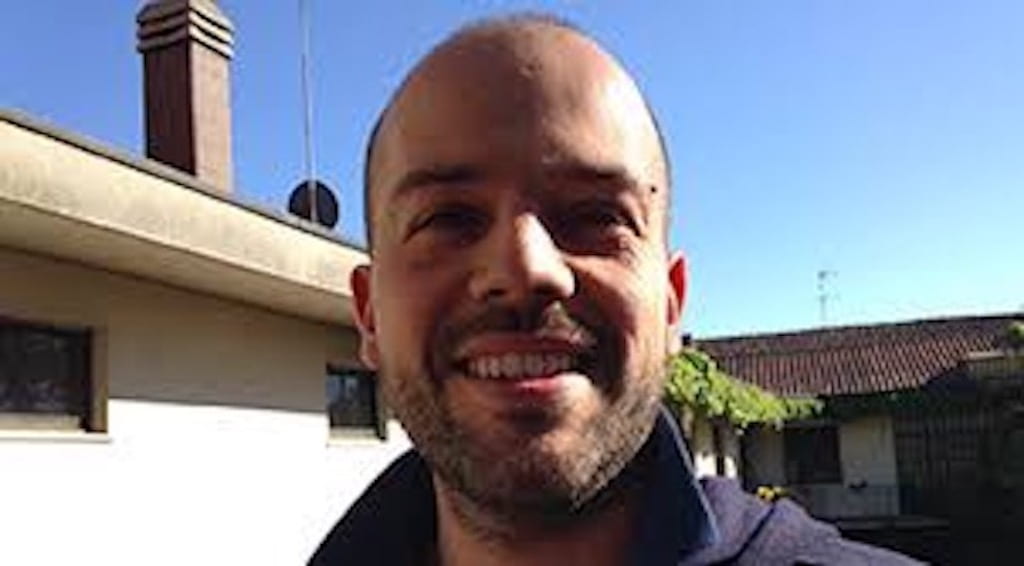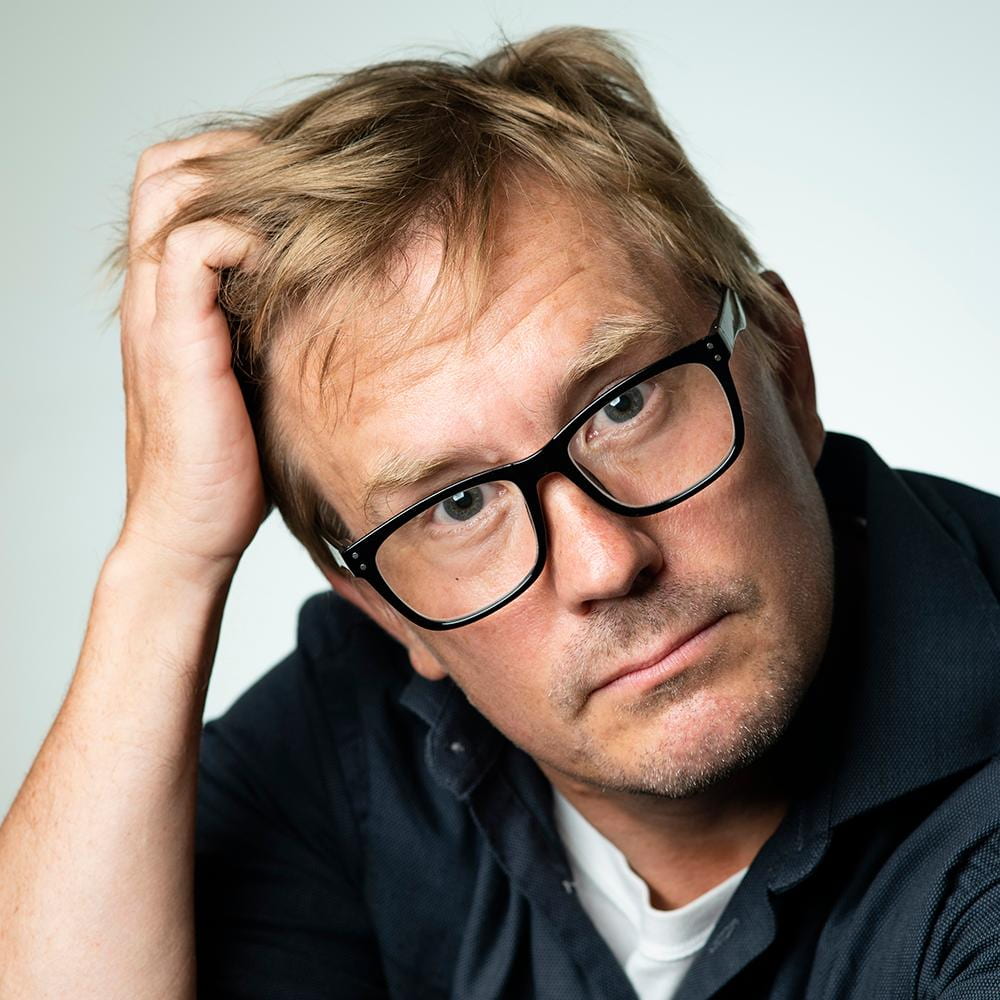2/9/2021
Re-Defining Online Hate Speech:
Frameworks and Realities in Rapidly Evolving Political Contexts

Iginio Gagliardone
Associate Professor in Media and Communication at the University of the Witwatersrand, South Africa, and Associate Research Fellow in New Media and Human Rights in the Programme in Comparative Media Law and Policy (PCMLP), University of Oxford
Iginio Gagliardone is Associate Professor in Media and Communication at the University of the Witwatersrand, South Africa, and Associate Research Fellow in New Media and Human Rights in the Programme in Comparative Media Law and Policy (PCMLP), University of Oxford. He holds a PhD from the London School of Economics and Political Science and has been living between Italy, Ethiopia, the UK, and South Africa, researching the relationship between new media, political change, and human development, and exploring the emergence of distinctive models of the information society in the Global South. His most recent publications include “China, Africa, and the future of the Internet” (ZED), “The Politics of Technology in Africa” (Cambridge University Press), and “World Trends in Freedom of Expression and Media Development” (UNESCO). His study “Countering Online Hate Speech”, supported by UNESCO, has rapidly become one of the most cited publications in the field, highlighting the need to develop bottom-up and contextually informed responses to the emergence of online hatred.

Matti Pohjonen
Professor of Media and Communications Studies at the University of Helsinki
Matti Pohjonen works at the intersection of digital anthropology, philosophy and data science. This has included, among other things, work on international news and blogging in India, mobile technology in East Africa, comparative research on online extremism and hate speech in Ethiopia and Europe, and exploring new methods in “big data” analysis and artificial intelligence for digital media research. He received his MA and PhD from the School of Oriental and African Studies (SOAS), University of London, where he also worked as a Lecturer in Global Digital Media (2018-2020), Senior Teaching Fellow (2006-2009) an AHRC-funded Post-Doctorate Research Fellow (2013). He was also previously a Researcher for the Programme for Comparative Media Law and Policy (PCLMP), at the University of Oxford (2013-2016), a Research Fellow (2015-2016) for the VOX-Pol Network of Excellence, and a Visiting Research Fellow (2017) at the Centre for Media and Communication (ZeMKI), at the University of Bremen. His work as a Senior Researcher (2016-2017) for Africa’s Voices Foundation, a not-for-profit research organisation launched out of University of Cambridge, was dedicated to developing innovative research and data analysis methods for hard-to-reach populations in East Africa.
Abstract
Building on the dramatic political transformations that occurred in Ethiopia since 2015, this presentation examines the potentials and limits of strategies to recognize and analyse hate speech in polarized societies. It reflects on how analytical frameworks devised to address a political context characterized by a tight control of a specific group over others may need to be radically rethought when such a group loses its grip on power, unleashing deep-rooted sentiments of resentment and retribution. This experience is used as a starting point to consider the importance of paying close attention to shifting power dynamics in conflict scenarios and devise appropriate measures to both recognize hate speech and its potential to lead to widespread violence.

